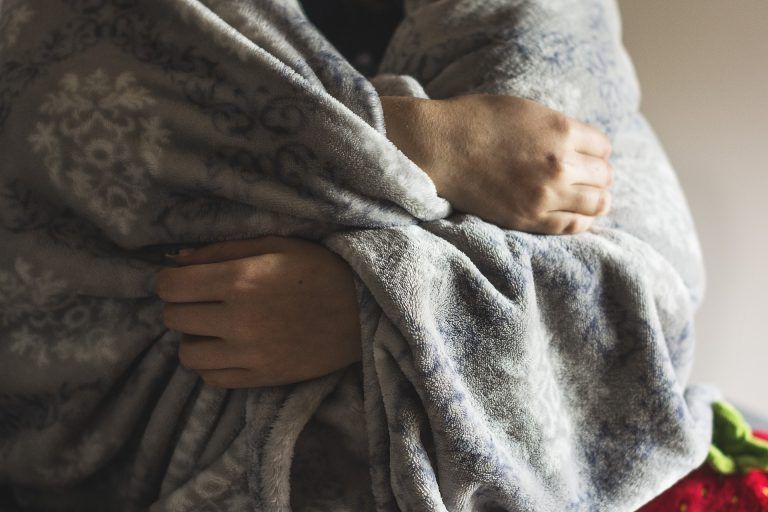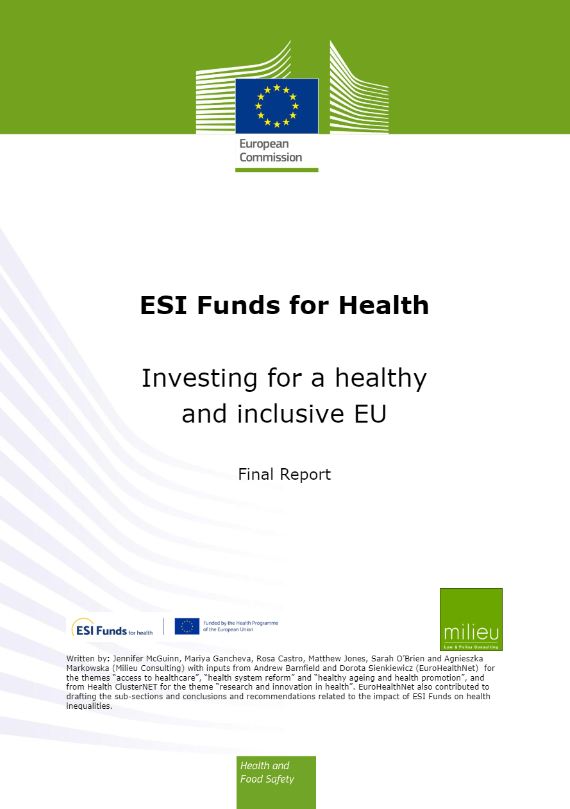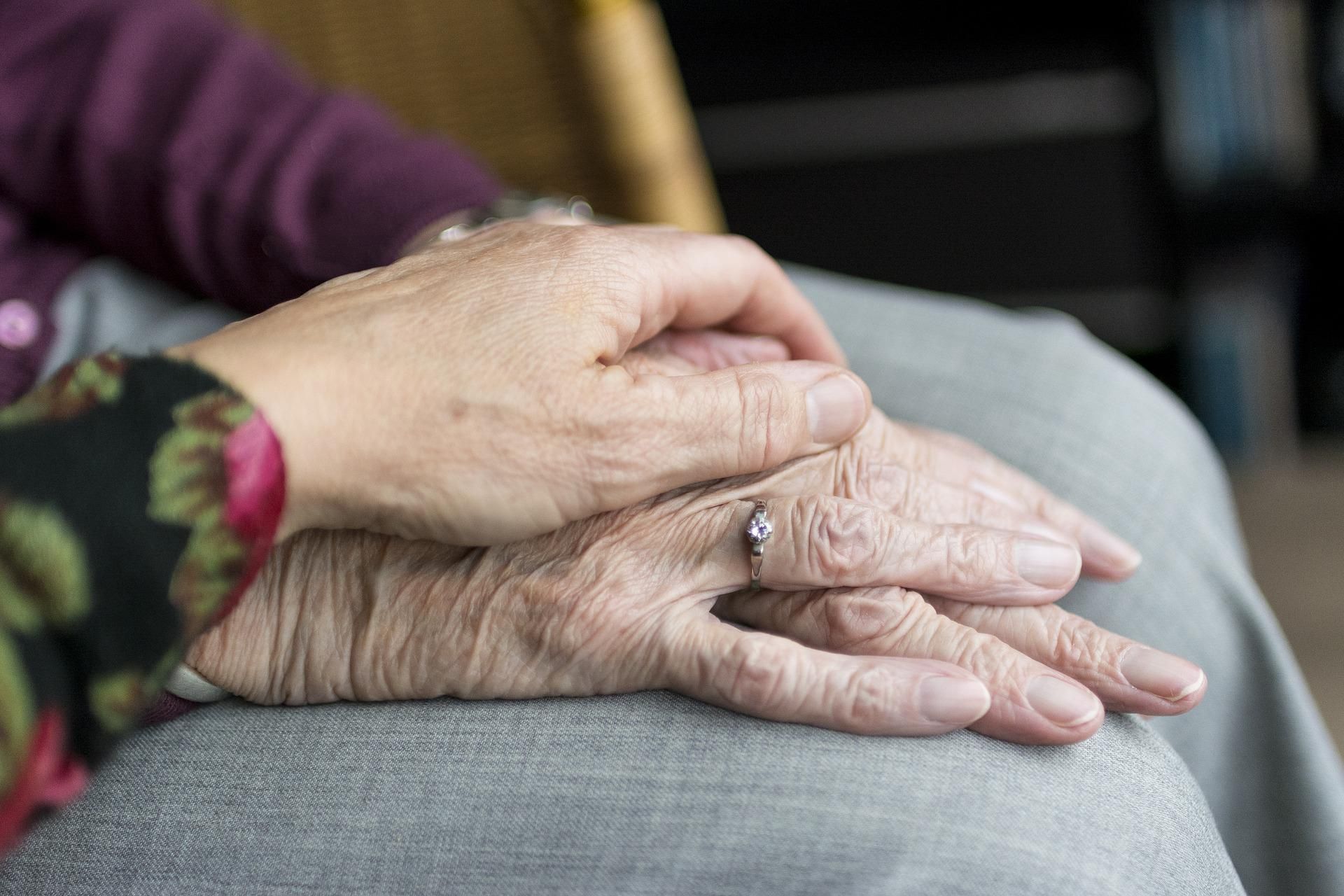One-in-three people across the EU are unpaid informal carers for family members or friends in need due to health problems and/or disability.
And that’s just one of the key findings from EIGE’s annual Gender Equality Index report, which this year focuses on the COVID-19 pandemic and care – published this October 2022.
“This is the kind of stark statistic to stop you in your tracks. That is why we are talking about this now, sooner rather than later. Caring for those we love is fulfilling, but it soon turns into a burden when it is not fairly shared or when good and affordable care systems do not exist”, says EIGE’S Director, Carlien Scheele.
The report takes a deep dive into three types of care – childcare, long-term care and housework – and assesses the pandemic’s impact on what are already pressured areas in life.
But we are turning a corner now.
“The European Commission’s new care strategy will announce EU-level action to strengthen long-term care and early childhood education. Member States need to address the significant gender gaps in unpaid care and provide robust care systems to avoid inequality gaps from widening further,” emphasises Carlien.

List of top-3 health threats to prepare against |
With a rich pool of more than 40,000 participants, some of the key results from the survey show that:
- Women are more than twice as likely as men to provide the bulk of childcare for under-12s.
- Housework and care are not shared equally within homes and continue to be mostly done by women.
- Women rely less on external childcare support and essential care services such as from day care centres and schools, compared with men.
While women are carrying out the bulk of simultaneous care responsibilities, more men are stepping up. But EIGE concludes we’ve not yet seen a meaningful or fairer redistribution of unpaid care duties within EU households.
And that needs to change. The report states that…
- When childcare is shared equally between partners, both partners – women (54%) and men (45%) – have a chance to contribute equally to the household revenue.
- When childcare is shared equally between partners, both women (70%) and men (73%) report higher satisfaction rates.
So it’s time to take #3StepsForward towards a fairer sharing of unpaid care responsibilities:
- Member States should invest in high quality care infrastructure to help overcome existing gender inequalities, while reducing the pay and pensions gap.
- Businesses should offer flexible working arrangements that allow men to care and women to advance their careers.
- All of us should strive to overcome gender stereotypes and widen options and choices to support women and men in finding the best care and best life balance.
“By building an economy that works for all, we will have a positive legacy that outlasts any crisis,” says Carlien.
“We will continue to come up with proposals for how policymakers can protect and promote gender equality.”
EIGE is the EU’s knowledge centre providing high quality research, reports and advice to help Member States take #3StepsForward to gender equality.

ESI funds for health. Investing for a healthy and inclusive EU : final report |







Leave a Reply